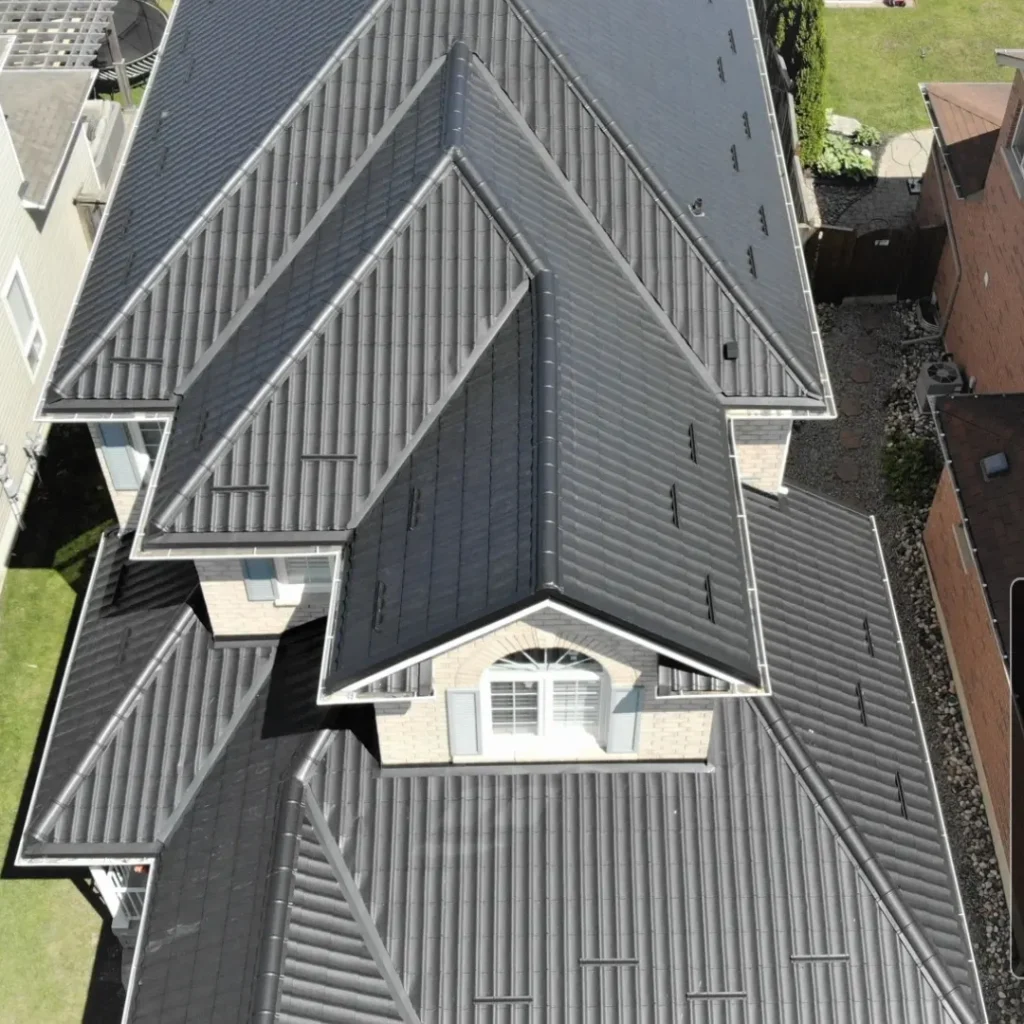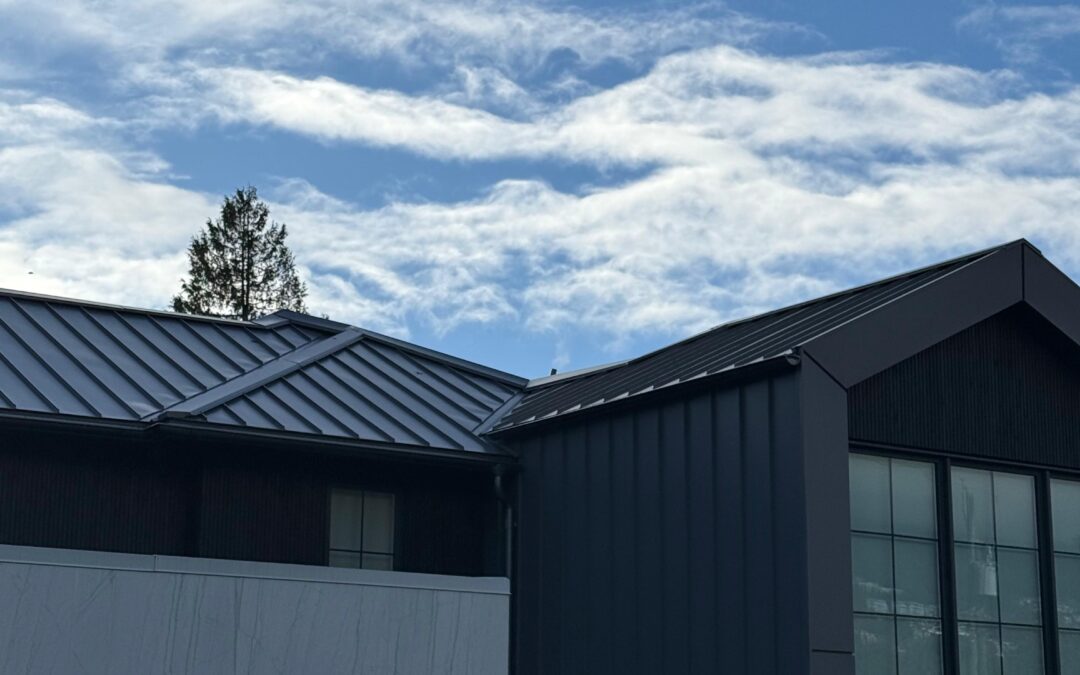When you think about metal roofing, what’s the first thing that comes to mind? For many people, it’s the sound — the classic image of rain hammering loudly on a tin roof. But is that really what happens today? Or is it just an old myth that refuses to go away?
Today, we’re debunking the noise myth and uncovering the real story behind metal roofs. Whether you’re considering upgrading your home or simply curious, let’s find out if metal roofing is truly as loud as people say.
Why People Think Metal Roofing Is Loud
The myth didn’t come out of nowhere. Early metal roof sheets were installed on barns, sheds, and industrial buildings with little to no insulation. Back then, rain hitting thin, unprotected metal echoed like a drum. Understandably, people associated metal roofs with loud, constant noise.
However, what was true for old barns isn’t true for modern homes. Today’s metal roofing systems are completely different. They’re engineered for strength, durability — and yes, for quietness too.
Modern Metal Roofing Systems Are Engineered for Quietness
Today’s metal roofing technology has come a long way. Modern metal roof panels include insulation layers that absorb sound instead of amplifying it. Plus, most homes already have attic insulation that acts as a second sound barrier.
Here’s how modern metal roofing reduces rain noise:
- Thicker metal roof sheets absorb the sound better than the thin sheets used decades ago.
- Insulated underlayment is installed between the roof deck and the metal panels, cutting down noise.
- Quality attic insulation further muffles external sounds, including heavy rain.
And when installed properly over sloped roofs, the rainwater flows off faster, creating less direct impact and less noise.
Building science experts agree that with proper insulation and installation, modern metal roofing can achieve sound levels similar to traditional materials like asphalt shingles.
How Metal Roofing Compares to Other Roofing Materials in Rain
Many homeowners are surprised to learn that noise levels between metal roofs and other roofing materials aren’t as different as they might think. There’s a common assumption that metal roofing is automatically louder—but that’s not always the case.
For example, during a heavy downpour, an asphalt shingle roof can produce just as much noise if the home lacks proper insulation. The same goes for wood shake or tile roofs. Without underlayment and attic insulation, almost any roofing system will let in more sound than expected.
What makes the real difference isn’t the material alone—it’s how the entire roofing system is constructed. According to ASHRAE research, metal roofing, when combined with the right underlayment and insulation, can be just as quiet as, or even quieter than, traditional options like tile, wood shake, or even asphalt shingles.
In simple words: sound control comes down to installation quality. A well-installed metal roof, especially over sloped roofs with thick insulation, can muffle rain impact just as effectively as any other roofing material. This is why working with experienced roofing professionals who understand the full roofing assembly—not just the surface—is so important.
So before ruling out metal roofing because of noise concerns, it’s worth considering how the entire system works together to manage sound.
Real Factors That Affect Noise on Metal Roofs
So, if it’s not just the material itself, what really determines how loud a metal roofing system sounds during a rainstorm? Several key factors influence noise levels—and most of them have to do with how the roof is installed and what’s underneath it.
1. Installation Quality
Poorly installed metal roof panels can create more problems than just leaks—they can also amplify noise. If panels are not fastened securely or are spaced unevenly, they can vibrate during rainfall, producing an echoing or drumming sound. This is one of the most common causes of unwanted roof noise, especially in DIY or rushed installations.
2. Roof Design
The slope or pitch of a roof directly affects how rainwater interacts with its surface. On sloped roofs, rain runs off more efficiently, reducing the direct impact and lessening the sound. Flatter designs, on the other hand, allow water to accumulate and fall with more force, creating louder impact noise.
3. Insulation and Underlayment
One of the biggest myths about metal roofing is that it’s noisy. In truth, proper insulation makes a world of difference. High-quality underlayments—like synthetic barriers or foam insulation—act as sound buffers between the metal panels and the home’s interior. When combined with attic insulation, these layers can significantly dampen the sound of rainfall, even during heavy storms.
4. Thickness of the Metal
The thickness of the metal roof sheets also plays a role. Thicker materials are naturally better at absorbing sound and resisting vibration. Homeowners can consult roofing professionals to choose panel gauges that balance durability with acoustic comfort.
Ultimately, the biggest factor in a quiet and comfortable metal roofing experience is hiring the right team. Choosing a skilled roofer who understands how to properly install metal roof sheets, select the correct materials, and account for your home’s design is what makes all the difference between a noisy roof and a peaceful one.
Benefits of Metal Roofing Beyond Noise Control
While some people worry about noise, few realize the many advantages metal roofing brings to the table:
- Exceptional durability — Many metal roofs last 40–70 years with minimal maintenance.
- Energy efficiency — Reflective metal roof panels can help reduce cooling costs.
- Fire resistance — Metal is non-combustible, offering an extra layer of protection.
- Sustainability — Many metal roofing systems are made from recycled materials.
According to the Metal Construction Association, homes with metal roofing are less likely to experience weather-related damage—one reason why the MCA advocates for lower insurance premiums for metal roof homeowners.
With all these benefits, minor concerns about rain noise become even less important — especially when noise isn’t an issue with modern installation techniques.

Conclusion: Should You Worry About Rain Noise on Metal Roofs?
So, are metal roofs loud in the rain? With today’s technology and proper installation, metal roofing is not noticeably louder than any other roofing material. The old myths were based on outdated building practices that no longer apply.
If you’re considering metal roofing for your home, there’s no reason to worry about rain noise keeping you up at night. In fact, many homeowners report that they barely notice the rain at all once the roof is properly installed.
The bottom line? Metal roofing offers incredible strength, beauty, and energy savings — and when done right, it offers peace and quiet, too.
If you want a team experienced in installing quiet, durable, and long-lasting metal roofs, check out why GoodVans Roofing’s Roofers on Roof excel in metal roofing in Vancouver. Their expertise ensures you get all the benefits of metal roofing without the outdated noise myths.Ready to enjoy a strong, beautiful roof that’s built for modern living? Choose professionals who know metal roofing inside and out!

